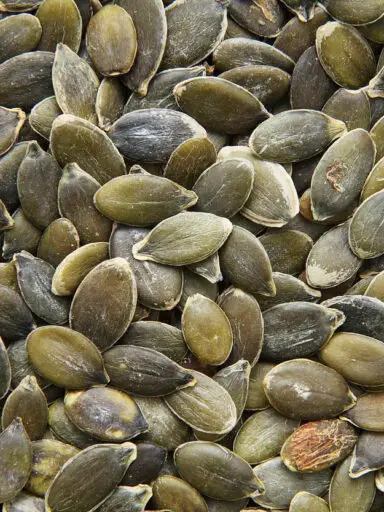Rosemary herb is an aromatic evergreen perennial shrub with blue flowers. It is a plant that grows well with well-drained, alkaline soil yet requires plenty of sunlight. Rosemary does best when kept away from strong winds and gusts. It can grow to about 1.5 to 3 meters in height.
Rosemary has several benefits ranging from nutritional and health benefits to sheer pleasure in cooking and perfumes and fragrances. It also makes good for the home garden or kitchen garden. Rosemary is also great at warding off pests from the home.
A Brief History of Rosemary Herb
The herb is thought to have originated in the Mediterranean region as a wild evergreen perennial shrub. Today, it is grown in nearly all parts of the Mediterranean region and Asia minor as an important culinary herb.
Rosemary gets its name from the myth that the Virgin Mary is said to have spread her blue cloak over a white-blossomed rosemary bush when she was resting and the flowers turned blue. The shrub then became known as the “Rose of Mary”.
Rosemary Used in Cooking
In culinary arts, rosemary is best used to add flavor to foods. It is best used to flavor poultry, lamb, pork, and other meats in general.
Rosemary herb also does well to flavor vegetables and tubers such as potatoes. Rosemary goes well with tomatoes, aubergine, and zucchini (courgette). Another popular use of Rosemary is to flavor herbal tea, salads, and soup.
In all of these cases, Rosemary can be used in two forms. It can either be used dried or fresh. Rosemary has a distinct and strongly aromatic flavor and should be used sparingly in meal preparation.
The leaves along with the stems are the most popular parts of the shrub that are used in culinary arts. When used as a herb to add flavor to dishes, this herb provides little to no nutritional value because the quantities are very small. However, in larger quantities, the Rosemary herb provides many nutritional values.
Health Benefits of Rosemary
Rosemary Herb comes with an array of health benefits. It is said to improve one’s mood, detoxify the body and stimulate blood circulation. It is also said to boost memory, relieve pain and reduce inflammation. It can also boost the immune system including protecting the body from bacterial infections. It prevents premature aging and improves skin conditions.
The herb is exceptionally rich in many B-complex groups of vitamin B such as folic acid, pantothenic acid, pyridoxine, and riboflavin. It is also rich in vitamin A and antioxidant vitamins: vitamin C. Rosemary is also a rich source of minerals like potassium, calcium, manganese, copper, iron, and magnesium. It contains 131 calories per 100 grams and contains no cholesterol.
It is also good to note that Rosemary oil products may cause allergic skin reactions in some people.



